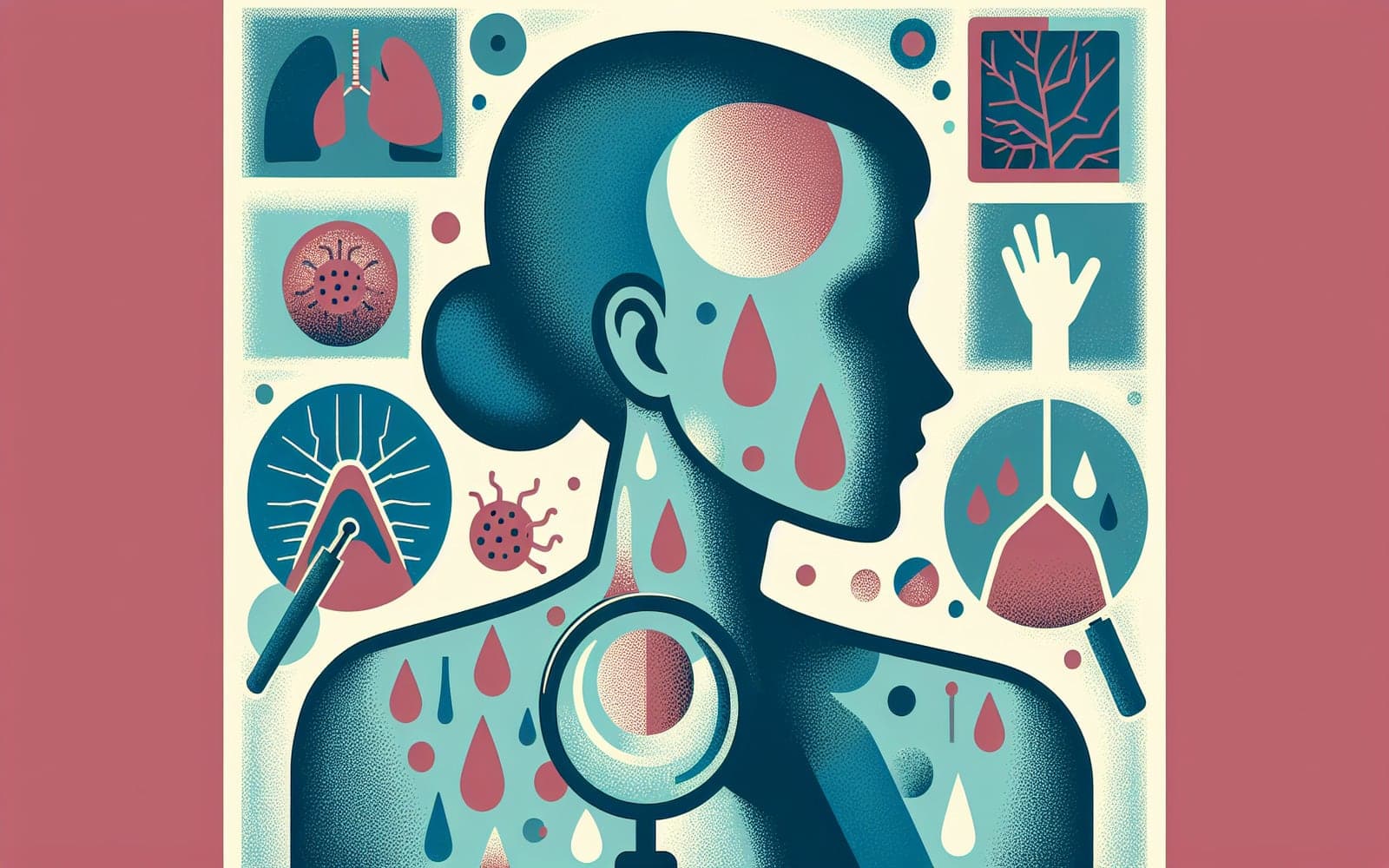Beyond the Itch: Recognizing the Symptoms of Lichen Sclerosus
Published: Feb 28, 2024

Medically reviewed by Oghenefejiro Okifo | MD, Harvard Medical School | Henry Ford Hospital - Detroit, MI on February 28th, 2024.
Lichen sclerosus is known for causing intense itching, but its symptoms go far beyond that. Understanding these signs is crucial for early detection and treatment.
Contents
The Telltale Itch
The most common symptom of lichen sclerosus is severe itching, often intense enough to disrupt sleep. This isn't your average itch - it's persistent and can lead to a vicious cycle of scratching and further irritation. The affected skin may become so sensitive that even gentle touching can be uncomfortable.
Pain and Discomfort
Beyond itching, lichen sclerosus can cause significant pain and discomfort. This may include burning sensations, soreness, and pain during urination or bowel movements. For some, the condition can make sexual intercourse painful or even impossible, impacting intimate relationships and quality of life.

Visible Skin Changes
As lichen sclerosus progresses, it causes noticeable changes to the skin's appearance and texture. The affected areas often become thin, wrinkled, and white or pale. In advanced cases, the skin may tear easily, leading to painful fissures or sores. These changes can alter the anatomy of the vulva, potentially fusing tissues and causing significant distress.
Frequently Asked Questions
Yes, some cases are asymptomatic and found during routine exams.
Without treatment, symptoms often progress and can become severe.
Yes, it can affect children, often presenting as itching or constipation.
Key Takeaways
While the symptoms of lichen sclerosus can be distressing, recognizing them early is key to getting proper treatment and preventing complications.
If you're experiencing persistent genital itching, pain, or notice unusual skin changes, don't wait - reach out to Doctronic to discuss your symptoms and explore potential solutions.Related Articles
References
Powell J, Wojnarowska F. Lichen sclerosus. Lancet 1999; 353:1777.
Haefner HK, Aldrich NZ, Dalton VK, et al. The impact of vulvar lichen sclerosus on sexual dysfunction. J Womens Health (Larchmt) 2014; 23:765.
This article has been reviewed for accuracy by one of the licensed medical doctors working for Doctronic. Always discuss health information with your healthcare provider.

